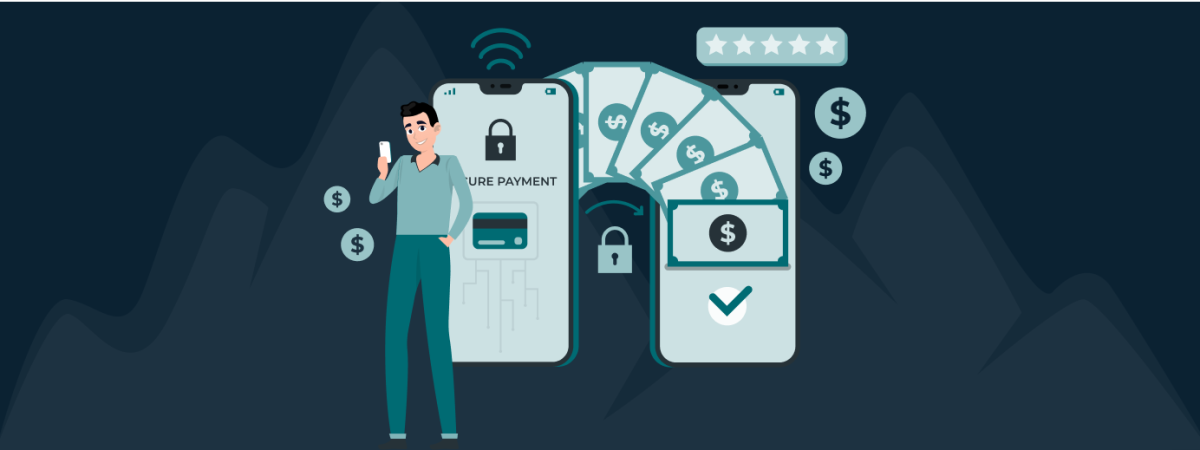Digital wallets are increasingly being developed to perform more than just monetary transactions; they are also designed to authenticate the holder’s credentials.
A digital wallet, also known as an e-wallet, is an electronic device, internet service, or software application that enables one party to conduct electronic transactions with another party in exchange for digital currency units.
However, these wallets are vulnerable to cyberattacks. Therefore, you should be careful while using them. Our article outlines the dos and don’ts that every e-wallet user must follow. Let’s read on and discuss them in detail.
Ways to protect your digital wallet
The following are a few strategies for staying safe.
1. Deny unsolicited links
Avoid uninvited connections. A friend’s phone may be infected with malware, sending you texts to infect everyone in your contact list. Even if a source appears familiar, exercise caution if you think a friend sent you a link or text, and ask about it before clicking.
2. Sidestep public Wi-Fi
Avoid accessing public Wi-Fi to view confidential information or surf websites that capture and keep your data. It’s also best to avoid using public Wi-Fi at parks, libraries, and cafés unless you want someone else to monitor your bank account.
3. Read the fine print
Apps increasingly use GPS data to establish where you live, eat, and shop. Additionally, they have access to your calendar and contact list. Avoid downloading apps without reading the fine print.
This access is accomplished through “terms of service” agreements that most users accept without reading. Although they are frequently complicated and challenging to comprehend, you should not download the app if you disagree with the terms.
4. Use two-factor authentication
If you haven’t already, check if your accounts enable two-factor authentication (2FA). It is a highly effective means of stopping unauthorized users from accessing an account.
With typical 2FA, when you enter your standard password, the website sends a four- to six-digit code to your e-mail or phone. This strategy creates two obstacles for hackers and will notify you if your account is compromised.
5. Employ a security service
A security service like LifeLock guards your credit and finances against identity theft and fraud. Of course, not everyone is equally vulnerable to identity theft. Individuals with a busy travel schedule may require a different level of protection than those concerned with online shopping or everyday encounters.
If you want to regain peace of mind concerning your digital wallet, these best practices will help keep you safe from cybercriminals.
Share this article
About the Author
Rebecca James is an IT consultant with forward thinking approach toward developing IT infrastructures of SMEs. She writes to engage with individuals and raise awareness of digital security, privacy, and better IT infrastructure.
More from Rebecca JamesRelated Posts
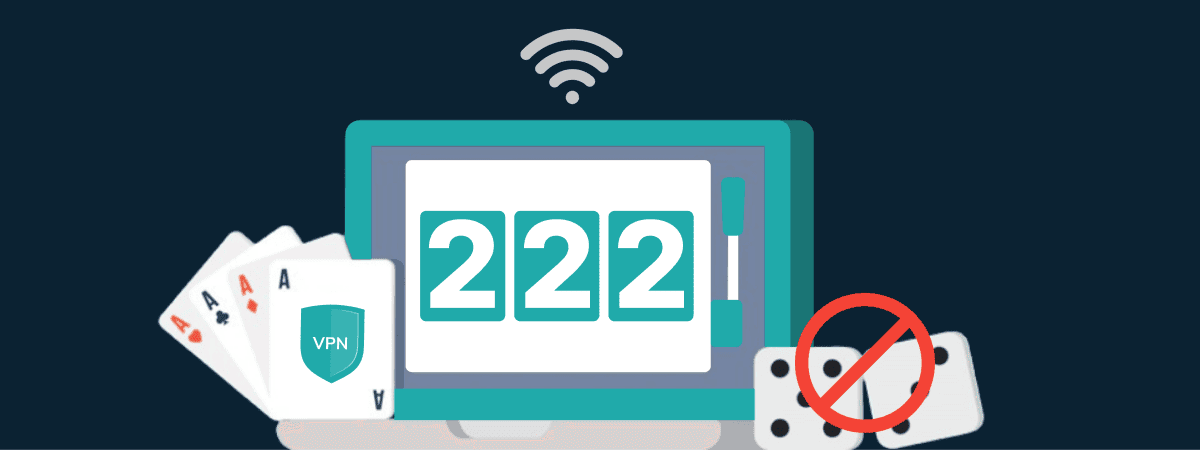
How to Avoid Gambling Restrictions in 2024
KEY TAKEAWAYS Gambling is prohibited in multiple countries as it is addictive, and many people go ba...
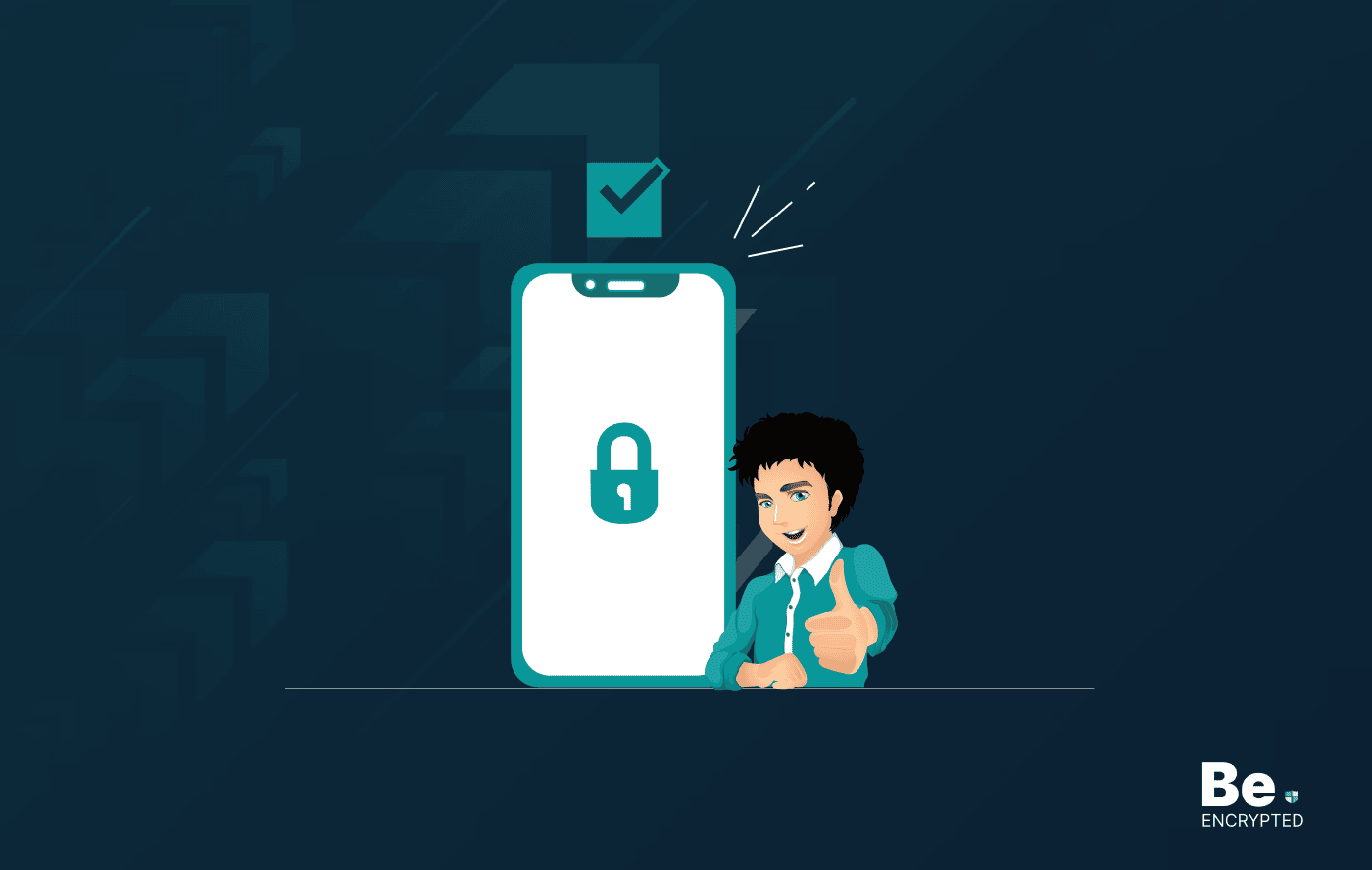
20 Best Penetration Testing Tools For Security Professionals
KEY TAKEAWAYS If you’re in a hurry, then have a look at the list of 20 best penetration testin...
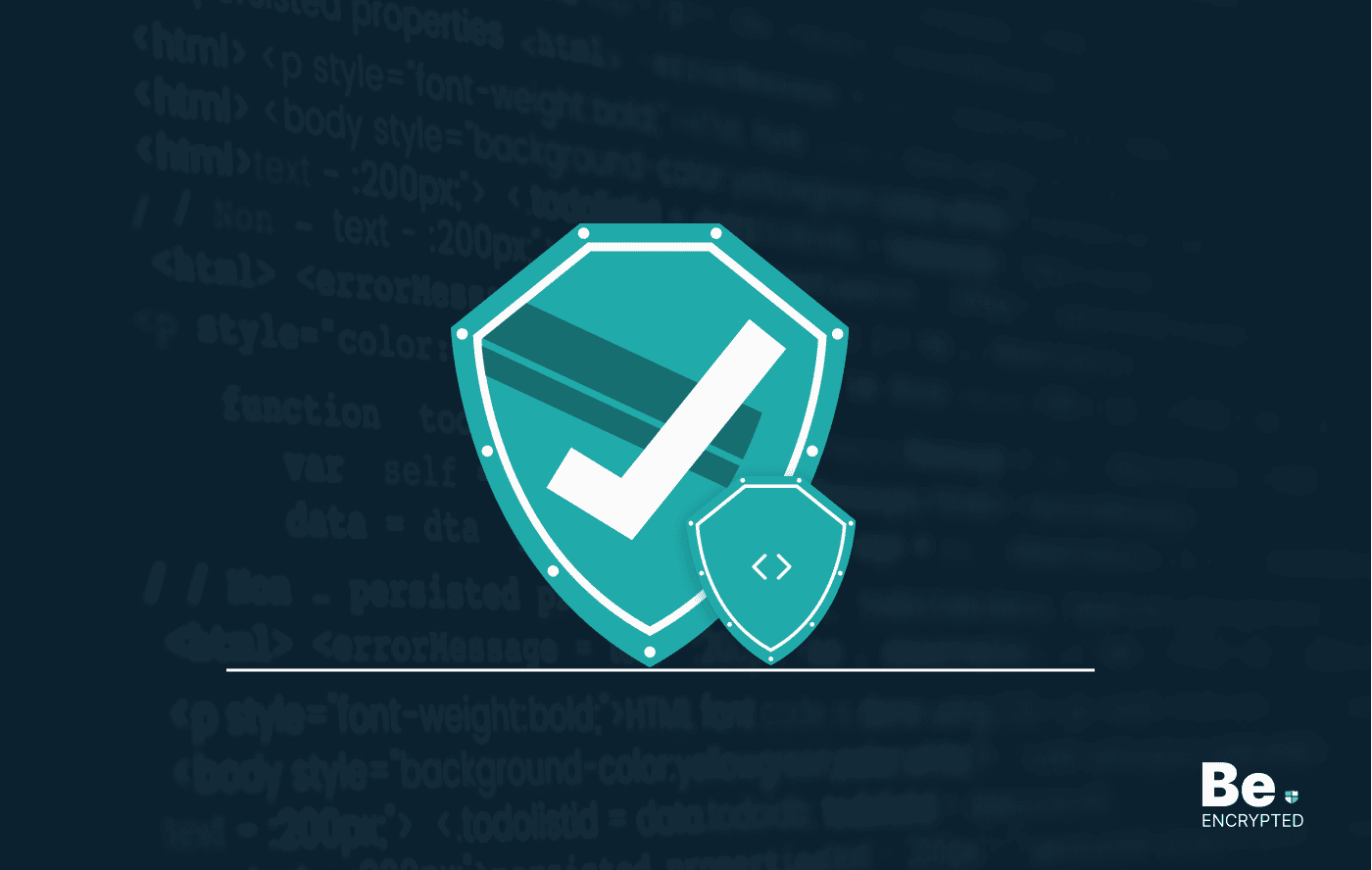
The Role of Developer Security in Software Development
KEY TAKEAWAYS The revolution of DevOps has reduced the SLDC and resulted in the creation of many sof...
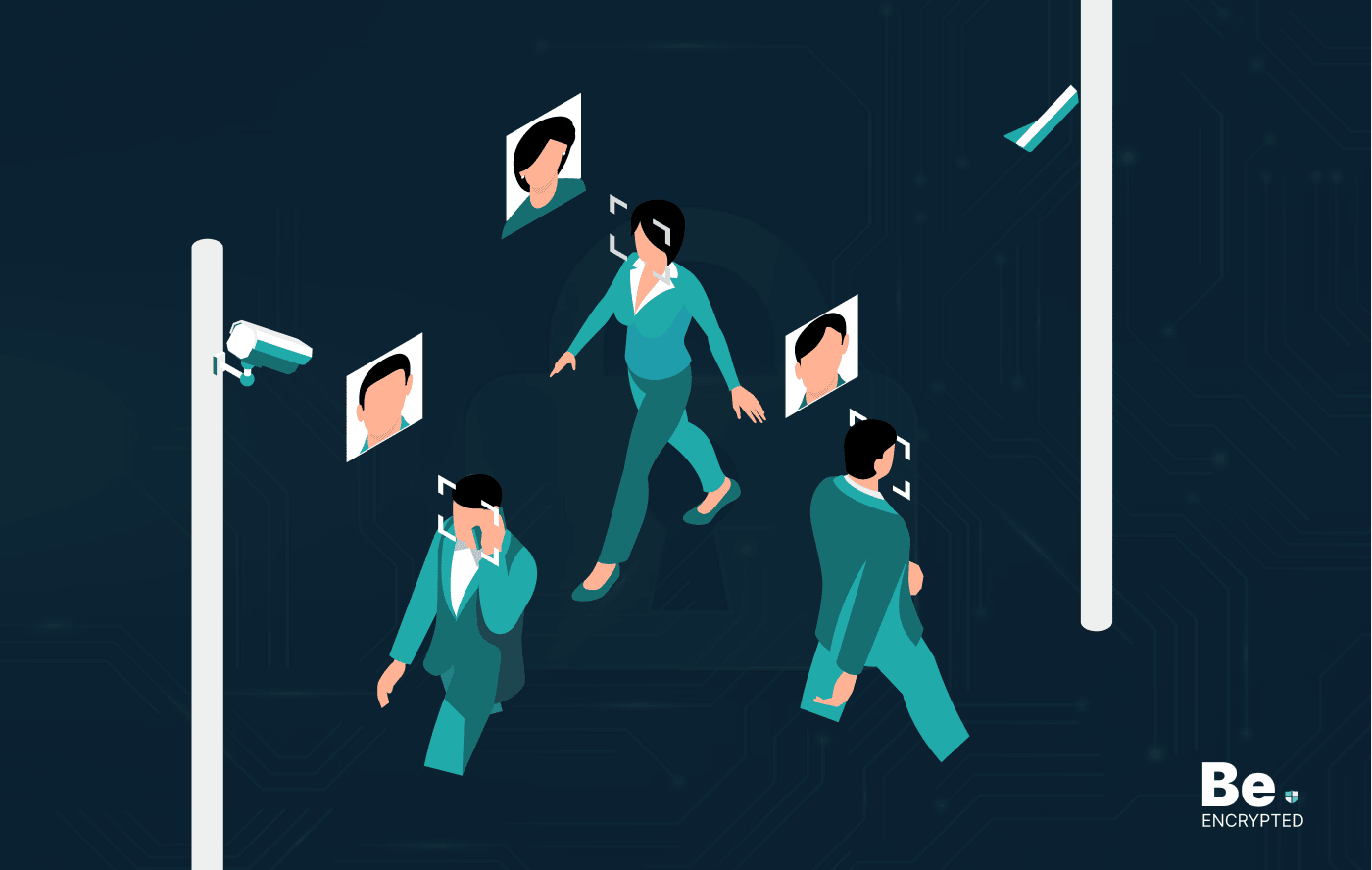
How To Detect Hidden Cameras And Listening Devices? A Complete Guide
Many people feel like someone is watching them or listening to their conversations. They may be righ...
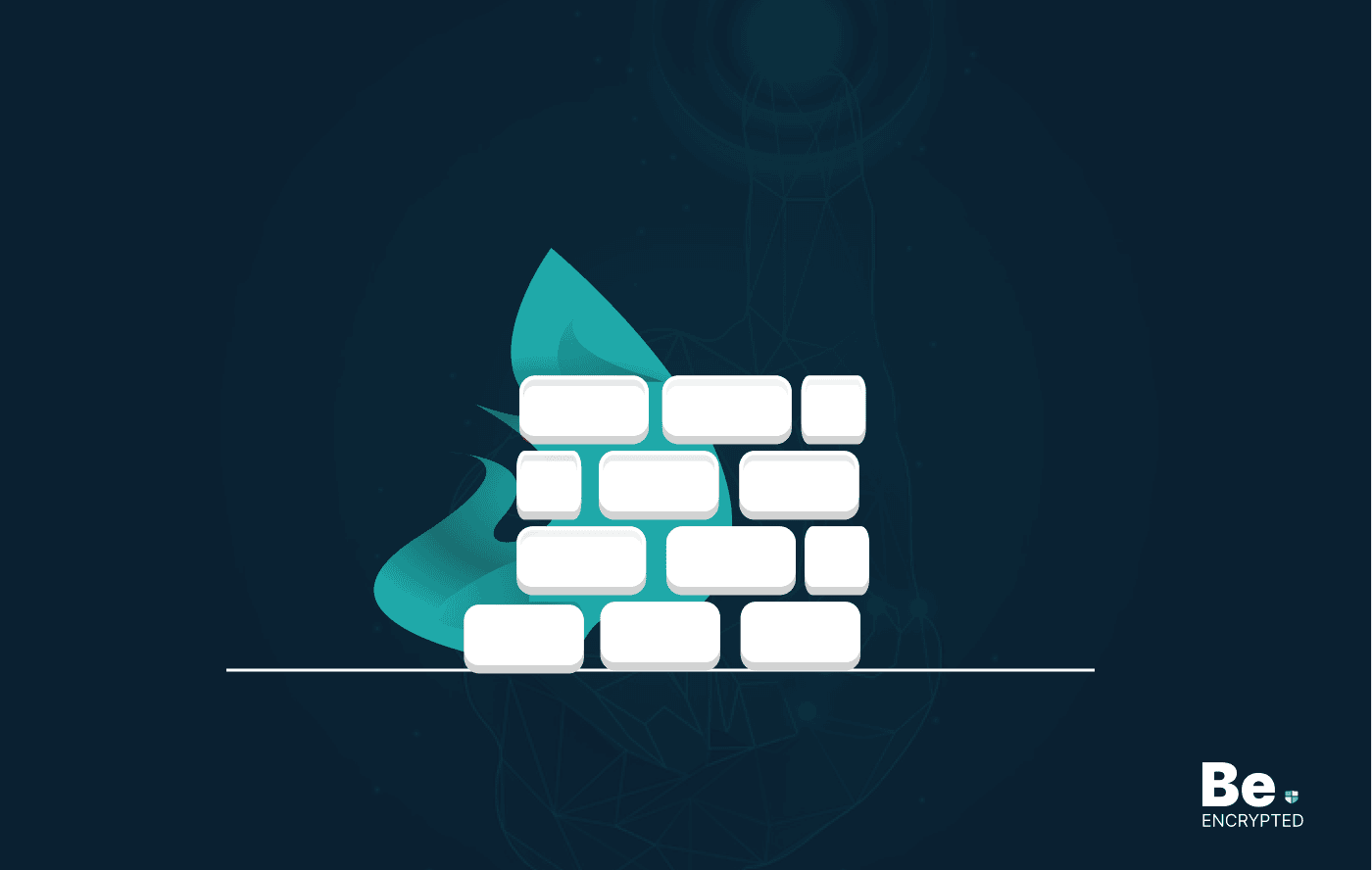
What is Virtual Firewall and How it Helps Us in 2024?
Scientists and technicians are trying to invent the latest technology protection to create barriers ...
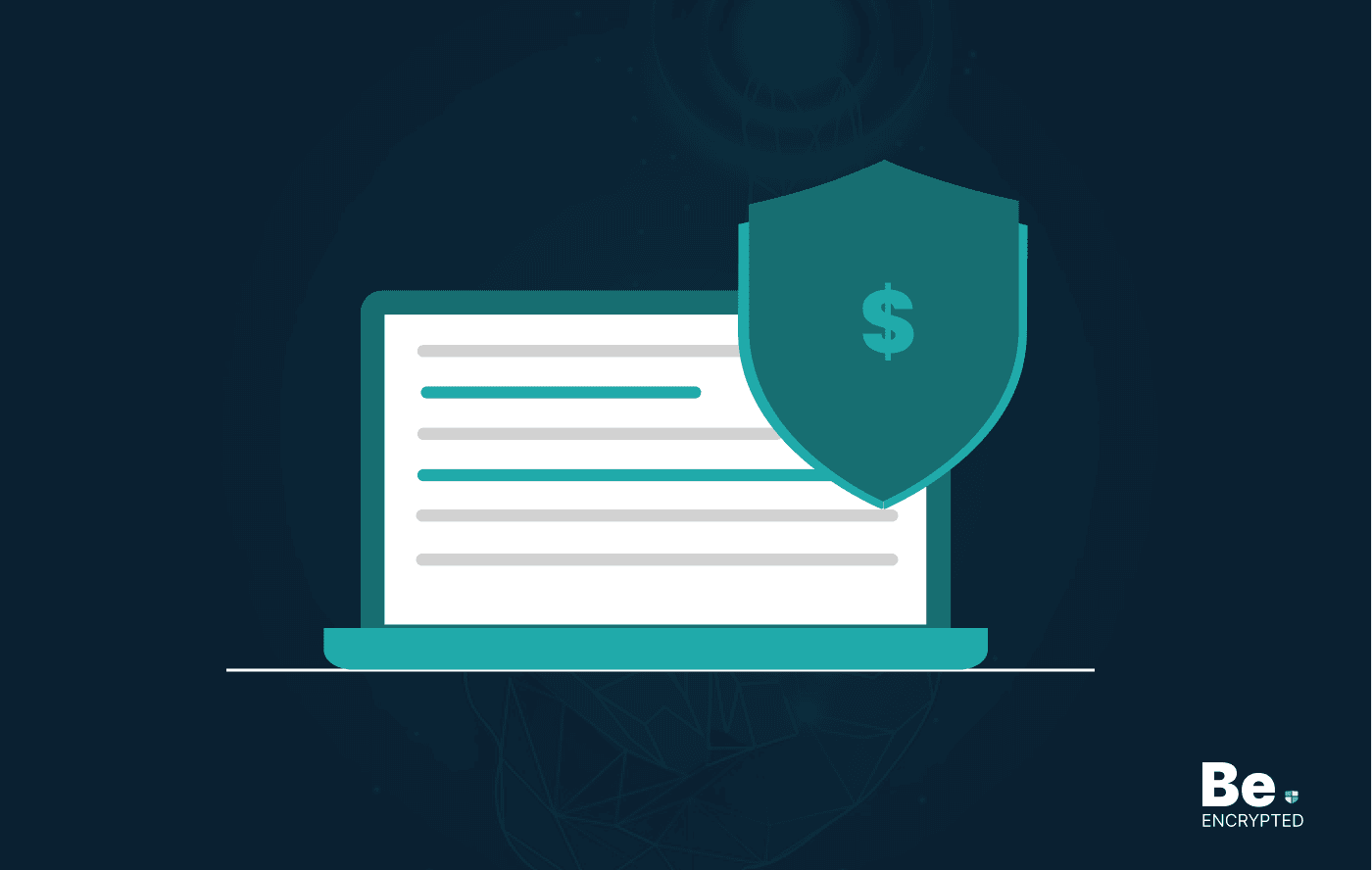
10 Ways to Prevent Ransomware Attacks
KEY TAKEAWAYS Ransomware attacks are growing frequently and affecting every sector of the business i...
